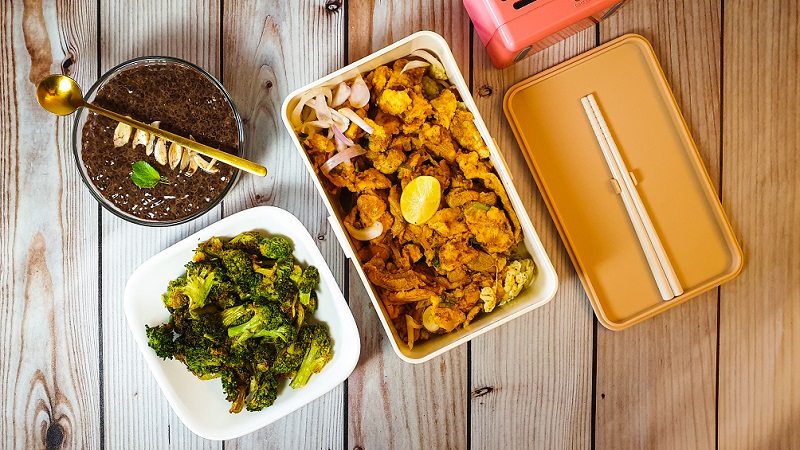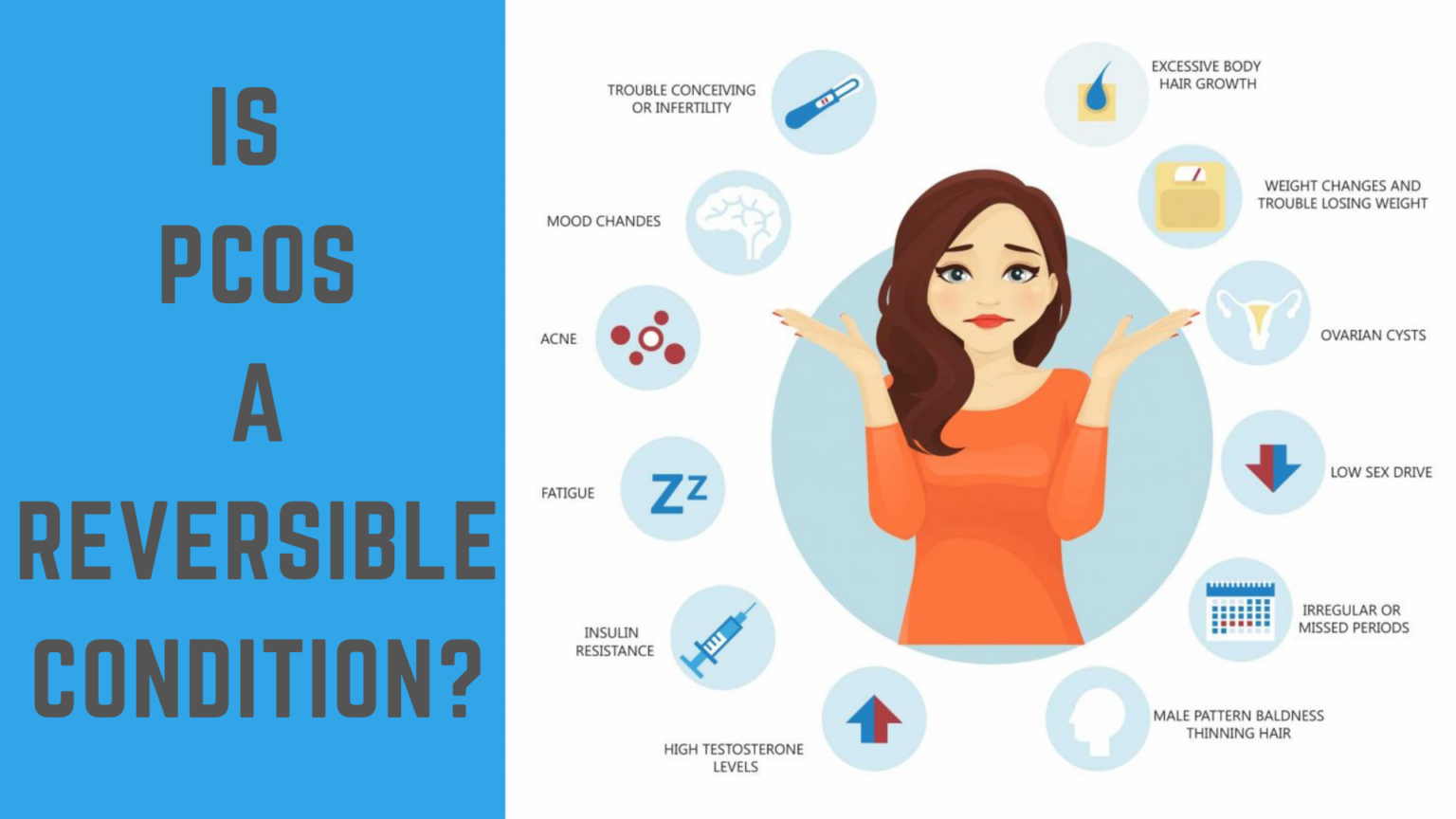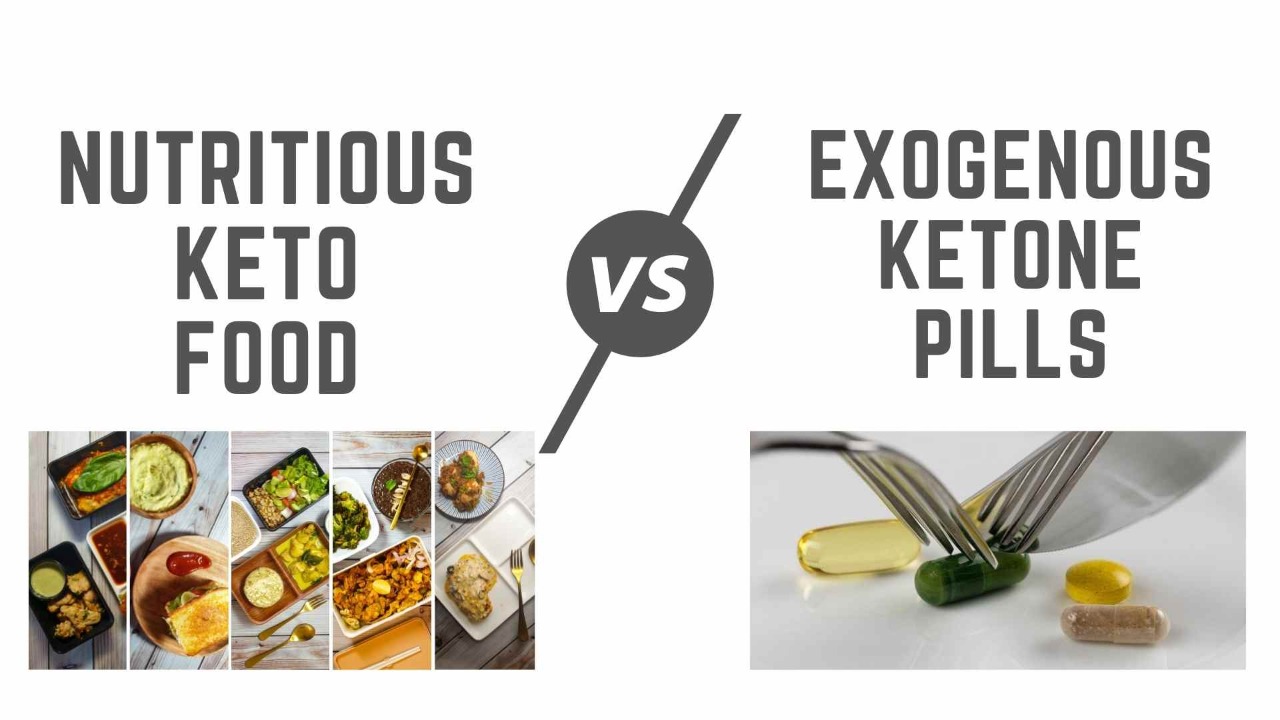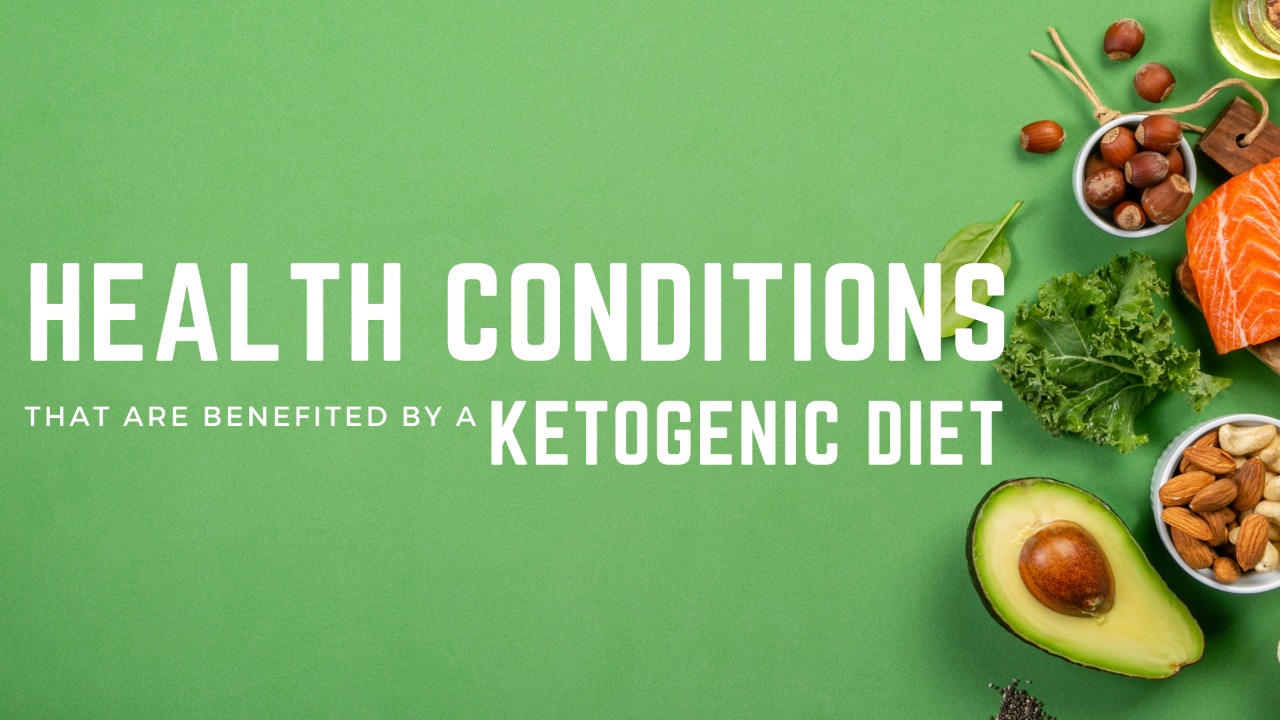
10 Keto Diet Tips for Beginners
Posted on January 17, 2021
While following a keto diet, one must take special care in certain cases. The following tips can help you follow the diet a lot better:
- Decrease Stress
The stress hormone cortisol ends up elevating the body’s blood sugar levels. Thus, this prevents the body from burning fat for energy due to the presence of excess sugar in it. Chronic stress can, therefore, severely hinder the body’s ability to enter ketosis.
- Prioritize Sleep
Less sleep plays a major role in higher stress levels. As discussed earlier, this can prevent your body from being able to burn fat. Maintaining a proper schedule can help improve one’s quality of sleep. This, in turn, helps reduce stress and thus, makes the keto diet effective. It is ideal to get about 8-9 hours of sleep every night. Plenty of studies have found that sleeping for fewer hours can hurt one’s weight loss attempts.
- Increase Salt Intake
While we have always been taught to reduce our sodium consumption, this is necessary only in the case of high-carb diets. High-carb diets have naturally higher levels of insulin, leading to the kidney retaining sodium. When you reduce your carb intake as you do with a keto diet, insulin levels are a lot lower, and the body excretes a lot more salt. Therefore, you can increase your salt consumption by 3 to 5 g while in ketosis.
- Exercise Frequently
While on a keto diet, a regular exercise schedule can help boost ketone levels, and transition into a low-carb, high-fat diet a lot faster. Getting rid of any glucose present in the body is key to the body getting into ketosis. While exercising, the body uses different types of energy for fuel including carbs, amino acids, and fats. Frequent exercises help the body get rid of its glycogen stores quicker.
- Drink Plenty of Water
Staying hydrated is important at all times, but it is much more so in the case of a ketogenic diet. This is because the body releases more water from the body when the carb intake is a lot lower. Ideally, one should drink more water on days where they are likely to sweat more.
- Track you Macros
The current research data suggests that we tend to underestimate how many calories we eat. At times, the difference between estimated calorie intake and actual calorie intake is so profound that you may think you are eating much less than before but you are still gaining weight.
Many of us will have plenty of low-calorie days where we do lose a bit of weight, but then our subconscious weight-regulating mechanisms will kick in to motivate us to eat more the following day. This will cause you to either gain more weight or hit a weight loss plateau that you just can’t seem to break.
The worst part is that we are typically never aware that this is happening, and we start to blame ourselves or the diet when the truth is that we just need to take an objective look at how much we are eating. - Only Consume Keto Foods and Ingredients
Keto foods are foods and ingredients that are very low in carbs. What “very low in carbs” means exactly will depend on your daily carb limit. For example, we recommend keeping total carbs below 35g and net carbs below 25g (ideally, below 20g) so that you can reap the benefits of eating highly satiating foods and ketosis.
Do Eat
To have such a small amount of carbs, you must be vigilant about your food choices. You may find that many of your favourite foods will put you near your carbohydrate limit for the day with just one serving. Even healthier foods like fruits and vegetables are packed with sugar and carbs, but don’t get discouraged — there is plenty of delicious food you can eat on the ketogenic diet.
Meats – fish, beef, lamb, poultry, eggs, etc.
Low carb vegetables – spinach, kale, broccoli, cauliflower, and other keto-friendly vegetables
High-fat dairy – hard cheeses, high fat cream, butter, etc.
Nuts and seeds – macadamias, walnuts, sunflower seeds, etc.
Avocado and berries – raspberries, blackberries, and other low glycaemic impact berries
Sweeteners – stevia, erythritol, monk fruit, and other low-carb sweeteners
Other fats – coconut oil, high-fat salad dressing, saturated fats, etc.
Do Not Eat
Tubers – potato, yams, etc.
Fruit – apples, bananas, oranges, etc.
Sugar – honey, agave, maple syrup, etc.
Grains – wheat, corn, rice, cereal, etc. - Eat only when HUNGRY.
A common question I get is whether you should eat when you are not hungry. Ketosis acts as a natural appetite suppressant, so you may find that you don’t get hungry as often, or not as ravenously so. There is no need to eat when you are not hungry! Simply focus on hitting your protein goal when you do get hungry and eat, but otherwise let your body signal when to eat.
- Avoid the KETO FLU.
Maybe you’ve heard of the keto flu, or maybe you’ve just experienced side effects of starting keto. It’s one of the most common questions about the keto diet for beginners. As your body shifts its primary fuel source from glucose and carbohydrates to ketones and fat, it can take your body some time to adjust to this metabolic change. Ketosis also flushes out a lot of water stored in the body, which can cause your electrolyte levels to dip.
How to avoid the KETO FLU?
The good news is, the keto flu is temporary and avoidable. The short version is, make sure you get enough electrolytes (especially sodium, potassium and magnesium) to avoid the keto flu. Salting your food generously is one of the best things you can do here; some people even add sea salt to their water. Easing into it slowly can also help.Why do I get frequent headaches on Keto?
Most commonly this is due to either dehydration or electrolyte imbalance – essentially it can be a mild form of keto flu. You’d treat it the same way, with water and electrolytes. - Use sweeteners responsibly.
Cutting out sugar isn’t easy, but it’s worth it! Weight loss is the motivator for many people looking for keto diet tips, but the improved energy, focus, mood, and other “NSV’s” (non-scale victories) turn out to be a pleasant surprise for many people. And getting rid of those sugar cravings feels SO. GOOD. But, it doesn’t mean saying goodbye to sweets altogether! You can make plenty of keto friendly dessert recipes instead.
Here are the ones I recommend: Monk fruit
Stevia
ErythritolMama Keto makes your life easy by taking care of your meals & macros are personalised for each body type and metabolic metric.


